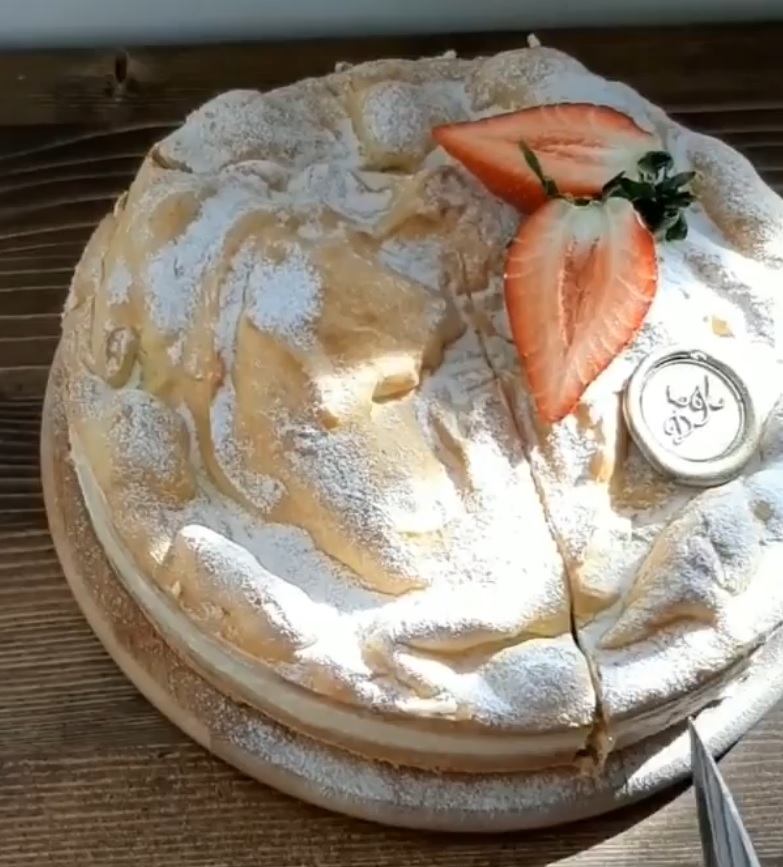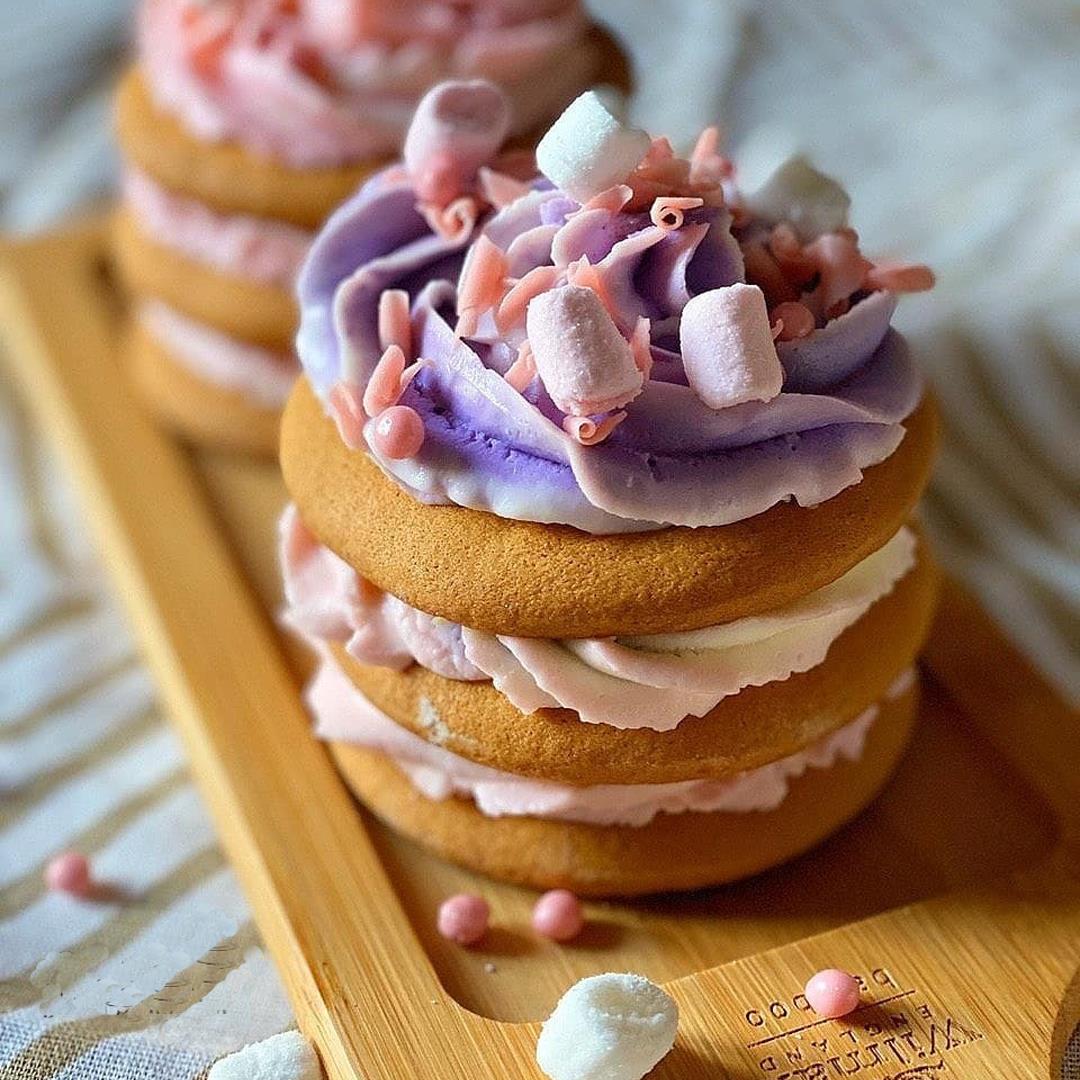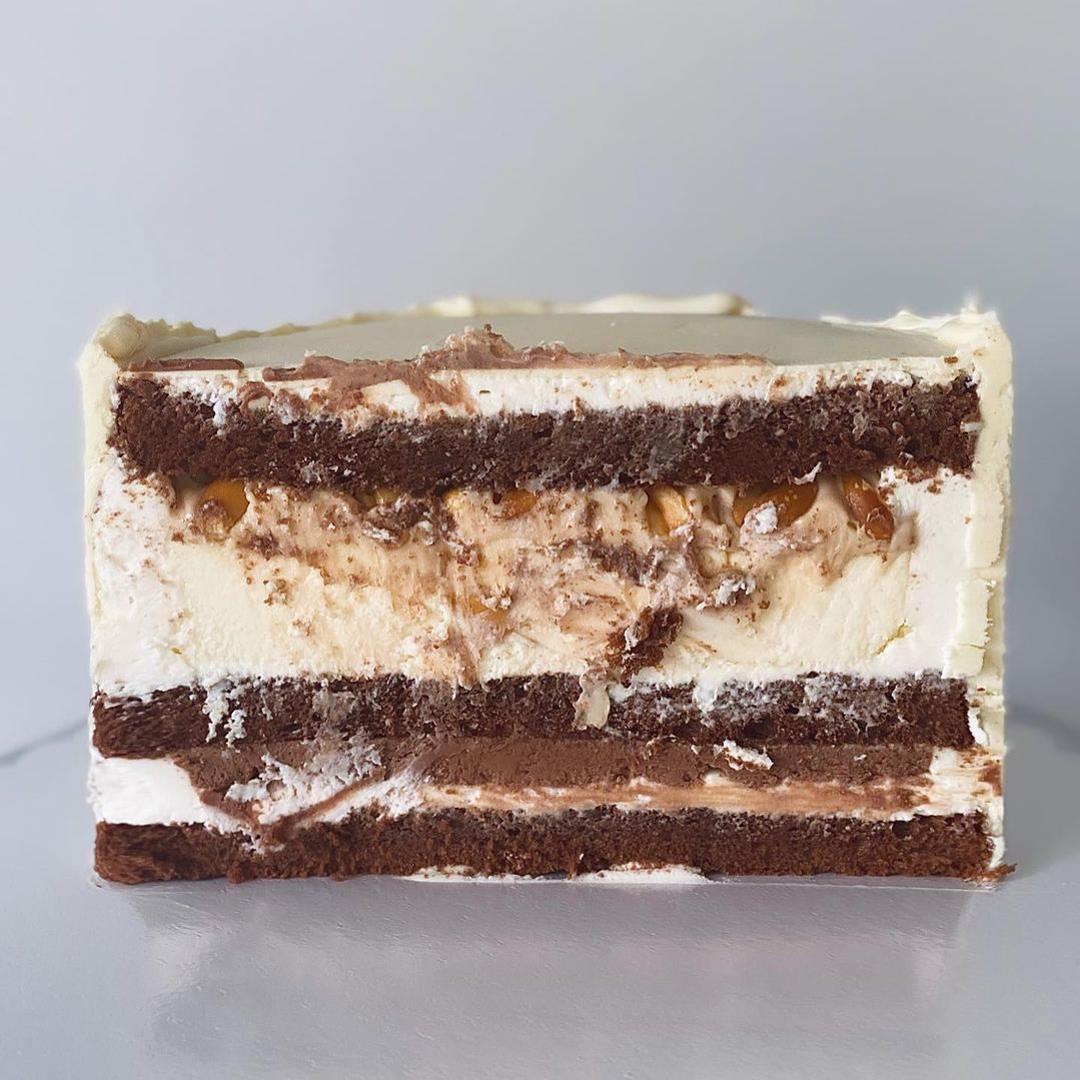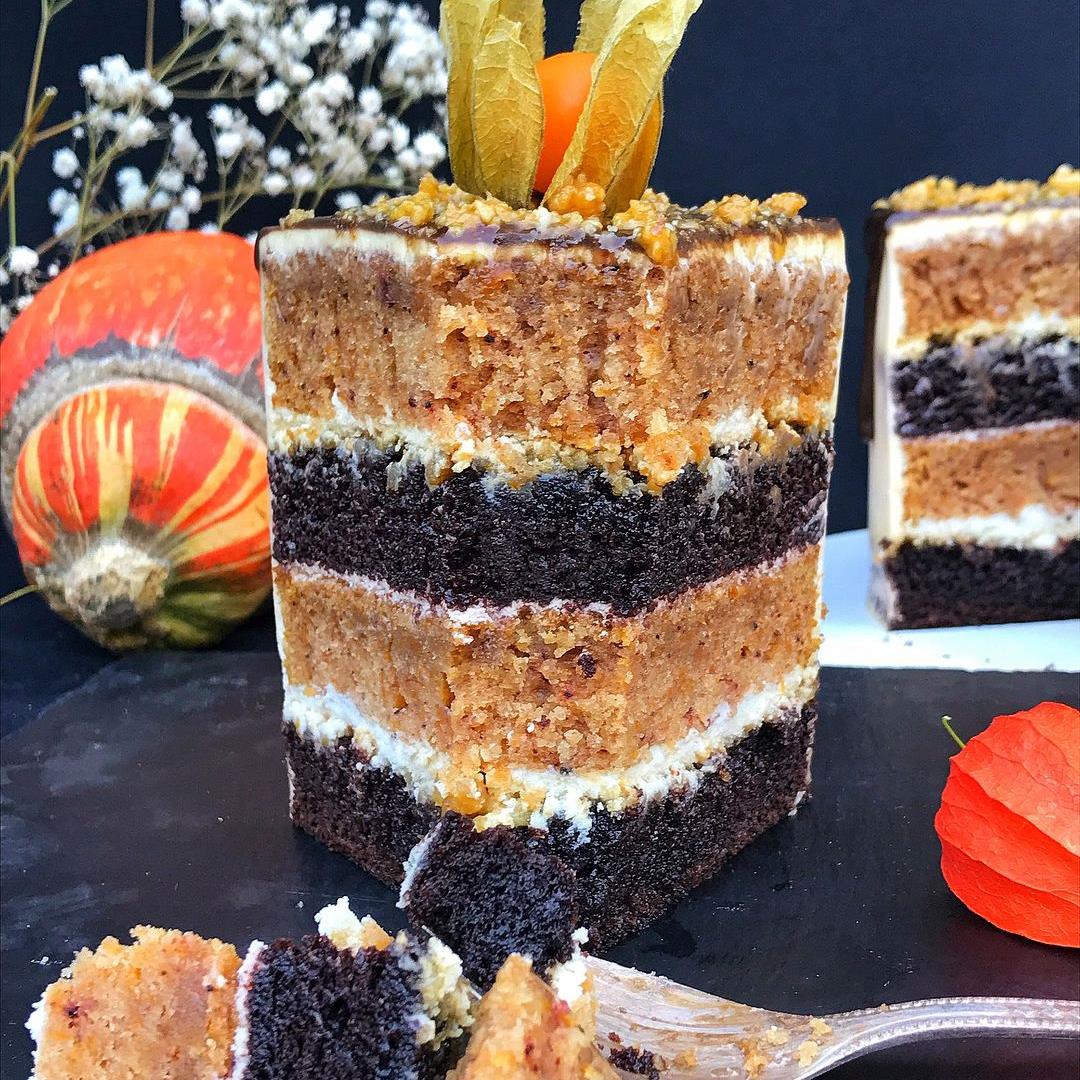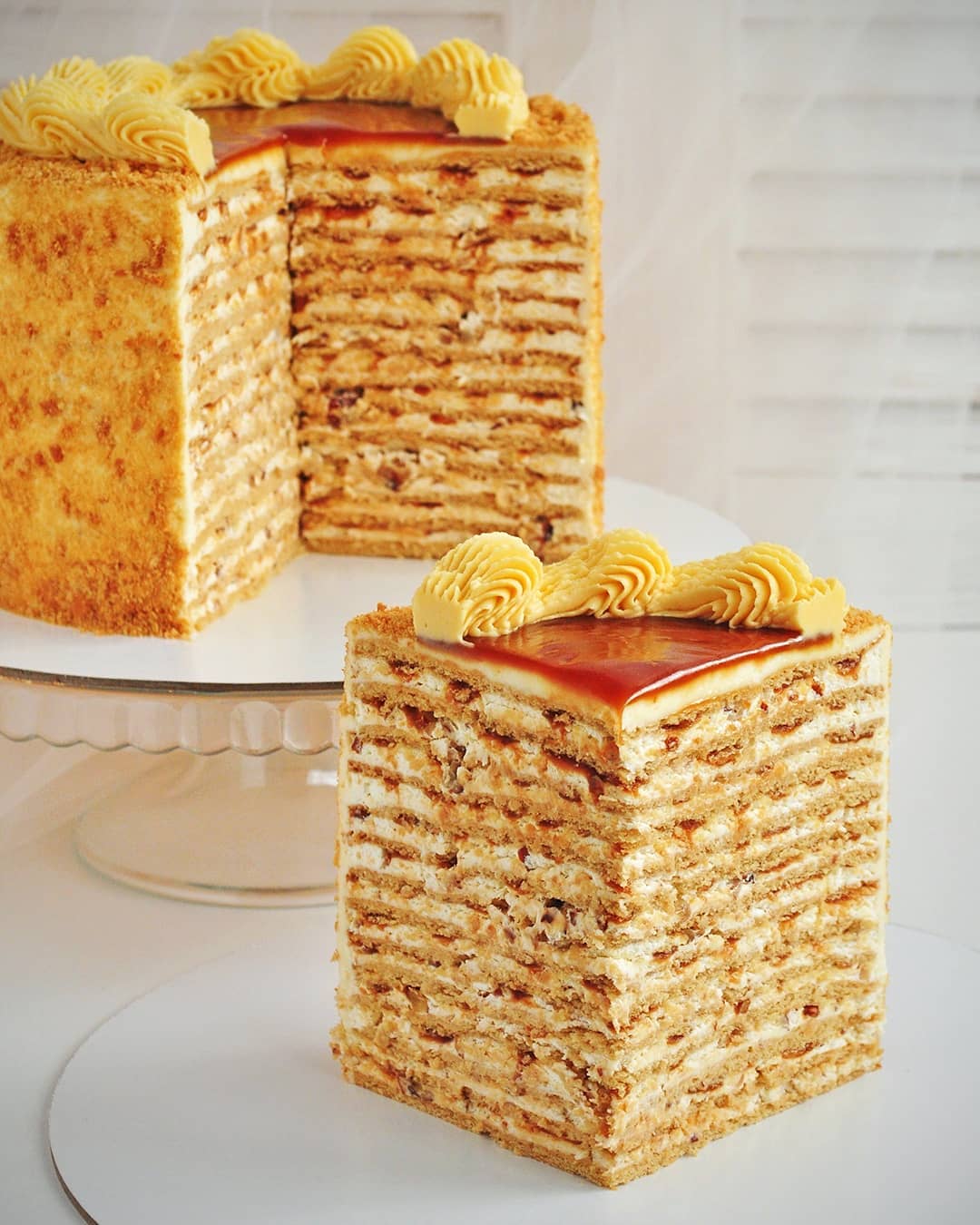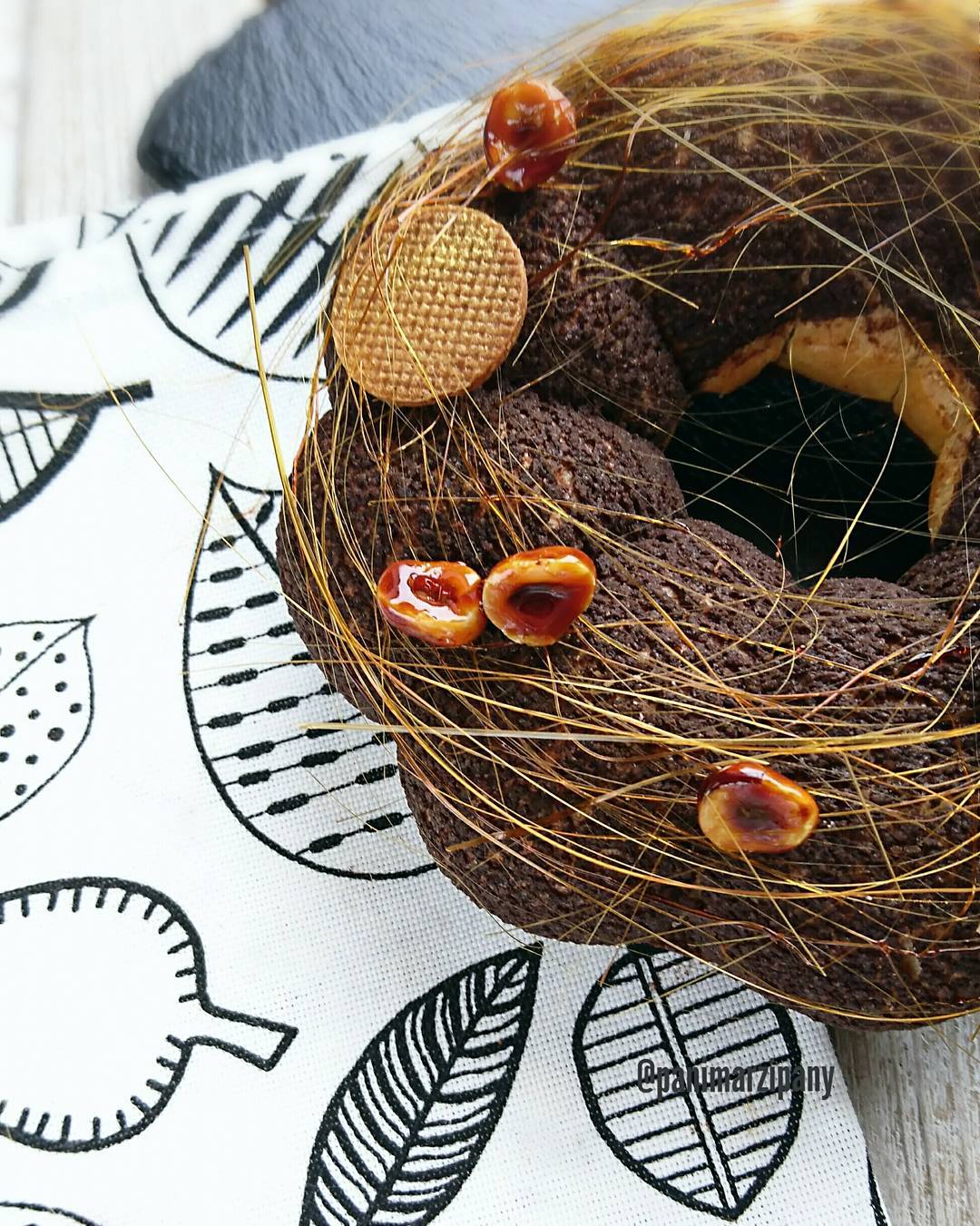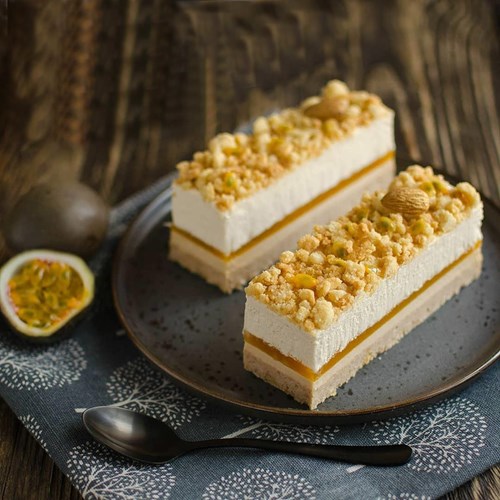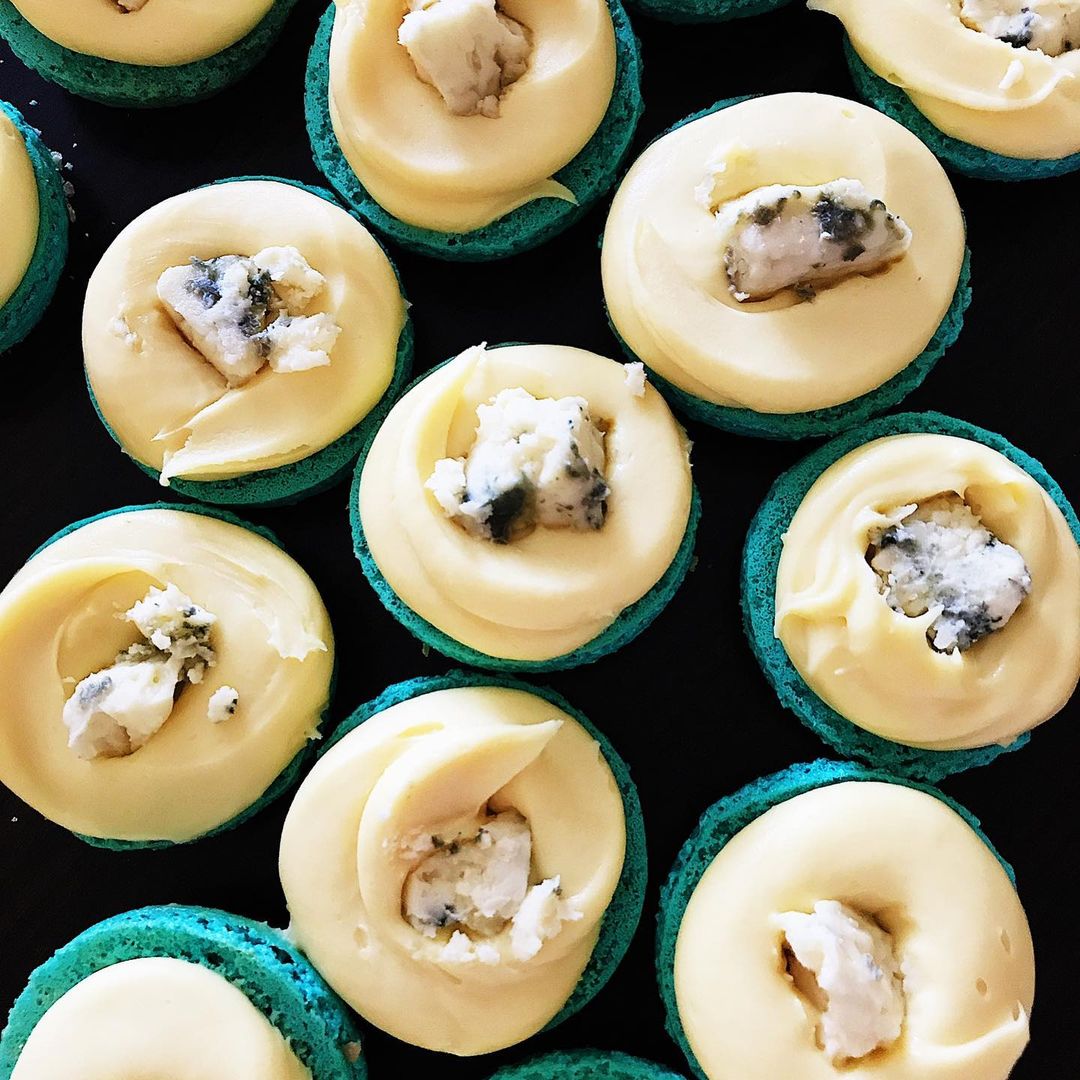Ingredients
Cake Layers
Custard
Instructions
Step 1
Step 2
Step 3
Step 4
Step 5
Step 6
Step 7
Step 8
Step 9
Step 10
Step 11
Step 12
Step 13
Step 14
Step 15
Step 16
Step 17
Servings
Serving Suggestions & Ideas:
After refrigerating the cake for a few hours, the magic truly happens. ✨ The flavors meld together, creating an irresistible dessert that's hard to beat.
For a **classic presentation**, sprinkle the top with a generous dusting of powdered sugar, and serve with a side of fresh berries for a burst of freshness. 🍓
If you're looking to **wow your guests**, consider a drizzle of melted chocolate or caramel sauce over each slice. This not only adds an extra layer of flavor but also creates a picture-perfect dessert. 🍫🍮
Elevate your **tea time** by pairing a slice of this cake with your favorite brew. The creamy custard and soft cake layers complement the warmth of tea or coffee, making it an ideal mid-afternoon treat. ☕
Equipment
Essential for whipping eggs and blending ingredients smoothly. A good whisk makes your custard and cake mix airy and lump-free.
Used to heat and combine ingredients. Ensure you have a sturdy one to avoid any spillage during the boiling process.
Opt for a set of various sizes. You'll need them to keep your ingredients separate and organized.
A round baking mold is perfect for this cake. Make sure it’s covered with foil or parchment for easy removal.
Vital for preventing your custard from crusting as it cools. Ensure it’s tightly pressed over the custard’s surface.
Variations
Gluten-Free & Vegan Variations:🌱
To make this cake **gluten-free**, simply substitute the all-purpose flour with your favorite gluten-free flour blend. Ensure it contains xanthan gum or a binding agent to maintain the cake's texture.
For a **vegan twist**, replace the butter with a plant-based butter alternative. Swap the eggs with a flaxseed mixture (1 tablespoon flaxseed meal + 2.5 tablespoons water for each egg) and use a dairy-free milk such as almond or soy milk for the custard. These swaps will keep your cake soft and the custard creamy! 💚
Faq
- Can I use margarine instead of butter for this recipe?
Yes, you can substitute margarine for butter. However, the flavor might slightly differ as butter does add a richer taste.
- Why is my custard not thickening?
Make sure you're constantly stirring the custard over low heat. It might take a few minutes, but patience is key to achieving the perfect thickness.
- How do I prevent my cake from sticking to the mold?
Ensure you properly cover your baking mold with foil or parchment paper. Greasing the mold beforehand can also help in easy removal.
- Can I make the cake layers in advance?
Absolutely! You can bake the cake layers a day ahead. Just wrap them tightly in cling film and store at room temperature until you're ready to assemble.
- What's the secret to a smooth custard?
Whisking continuously while you add the hot milk to the egg mixture and maintaining a low heat will give you a silky smooth custard without lumps.
- Can I add other flavors to the custard?
Definitely! Feel free to experiment with flavors such as almond essence, coffee, or even a splash of liqueur to customize the custard to your preference.

